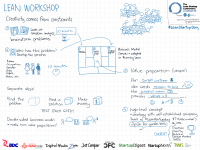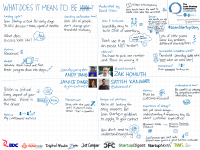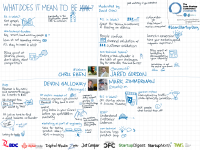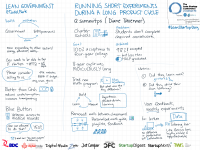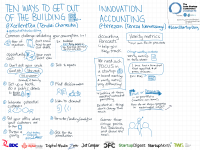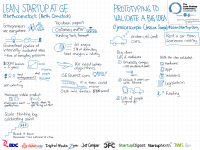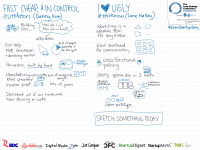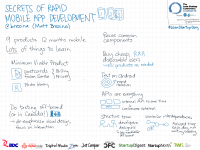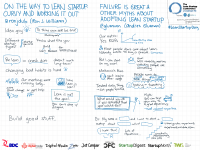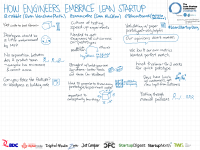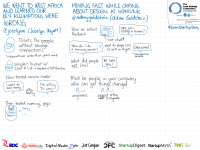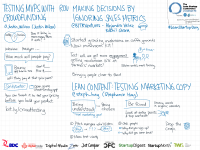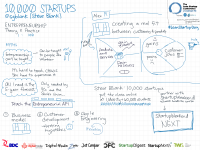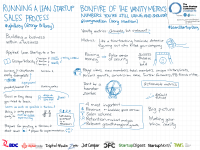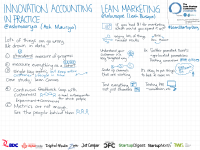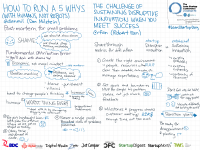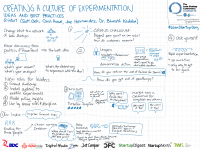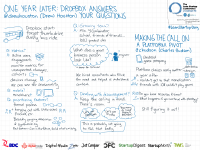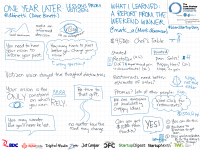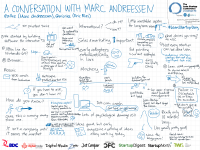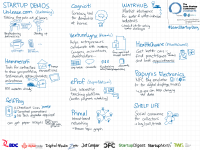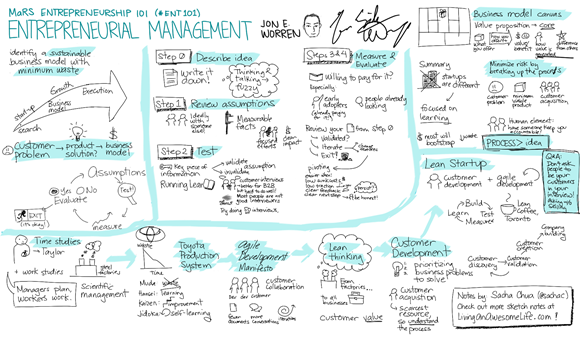Planning what to do at home, thinking about pull-driven systems for blog posts, and outlining books I want to write
Posted: - Modified: | life, writingI’m going to be at home for the next couple of weeks, which will incidentally be my first experiment with living a mostly “retired” life (no focusing on business). Since it always helps to have a list of activities that I can choose from instead of trying to make decisions all the time, I thought I’d brainstorm things that I can do:
- Read lots of books from the library, taking notes or making visual book reviews for good ones
- Write and draw blog posts, articles, and e-books based on my outlines and on people’s requests
- Practise drawing
- Draw people, emotions, hands, and other common subjects again and again
- Expand and organize my visual vocabulary
- Add more sketchnotes to the Sketchnote Index
- Build more resources for people who are interested in learning more about drawing
- Learn more about WordPress plugin development by building little conveniences for myself
- Learn more about Rails, Javascript, and data visualization by extending Quantified Awesome
- Build more resources for people who are interested in self-tracking
If I’m going to reduce my commuting, connecting, and socializing time, I should do something amazing with the extra time. I’ve been thinking about applying some of the ideas from the 12-Week Year, which focuses on making planning and measurement tighter by ditching the yearly cycle and focusing on quarters instead. It might be interesting to define a month-long or quarter-long goal and sprint towards that. Mm. Books.
One of the ideas I picked up from The Lean Turnaround: How Business Leaders Use Lean Principles to Create Value and Transform Their Company (affiliate link – Amazon) was the importance of a pull system. In a lean company, things don’t get built until someone asks for them, minimizing waste and inventory. How would I apply that to blogging and creating books? My current workflow is to write about whatever I’m interested in, and also to write in response to people’s questions. It might be interesting to work with an explicit outline so that I can gradually fill in the gaps to create a coherent, cohesive book that helps people get from point A to point B. How can I involve people in the process so that we can come up with something that meets people’s needs? Here’s a draft workflow that I proposed to a potential collaborator:
Announce the idea and a potential outline on our blogs, with a link to the Leanpub site where people can indicate how much they would be willing to pay for this book. Use this to test interest and pricing.
- Post some content (enough to justify a low price). Show which parts of the outlines have been drafted, and encourage people to “buy into” the book/course at a nominal fee (substantial discount from the published price, maybe $2.99?)
- Start with this kind of offer: if people have questions or would like to learn about particular parts of the outline, I’m happy to invest some time in explaining things until they get the hang of it (either through blog posts or in recorded one-on-one sessions). This means that we can build content in response to people’s questions, probably revising the outline along the way.
- I publish posts on my blog, and you’re welcome to repost them on yours. I add them to the outline, and we tweak the chapters based on feedback from you and other readers.
- We might periodically re-publicize the book in progress, possibly raising the price as well.
- Then we publish and promote! =)
It’s more important to me that ideas spread widely than for me to make this a solid stream of income, so I want to make sure that the resources are entirely or mostly also available for free, and that people can set their own price so that they can pay what they want to. I experimented with this with my Sketchnote Collection 2012, and I was happy with the results.
So, here are the draft outlines for three topics I’m considering building a short e-book for:
Accelerate Your Learning With Sketchnotes
For: Entrepreneurial visual thinkers who would like to learn more effectively
Outcome: people have taken their first few sketchnotes and are ready to use it for learning
Possible collaborator: Timothy Kenny
Thinking with Emacs
For: Beginner to intermediate Emacs users (non-technical backgrounds are okay) who want to use it for organizing what they know/think and learning more
Outcome: People can use this incredibly powerful although somewhat intimidatingly technical tool to aid their learning
Possible collaborator: Bill Zimmerly
Quantified Self: Tracking Your Time
For: Semi-technical people who are interested in tracking their time and asking questions about how they invest their time
Outcome: People are comfortable collecting and analyzing their time data with a variety of tools, and may even build themselves personal dashboards so that they can monitor their time use on an ongoing basis
Stories From My Twenties (already exists, but needs to be updated with the latest stories)
For: Me, mostly, but also for blog readers who want to quickly get a sense of the highlights of the past ten years without reading all those blog posts
Outcome: I remember significant events; other people get a sense of my defining moments; bloggers get an idea of what it’s like to grow through your blog
Do any of these book ideas tickle your fancy? Click on the links to see the draft outlines, and sign up for updates and conversation as I figure out this writing thing.
(This is in addition to my huge outline of blog ideas, which I’m experimenting with! =) )


